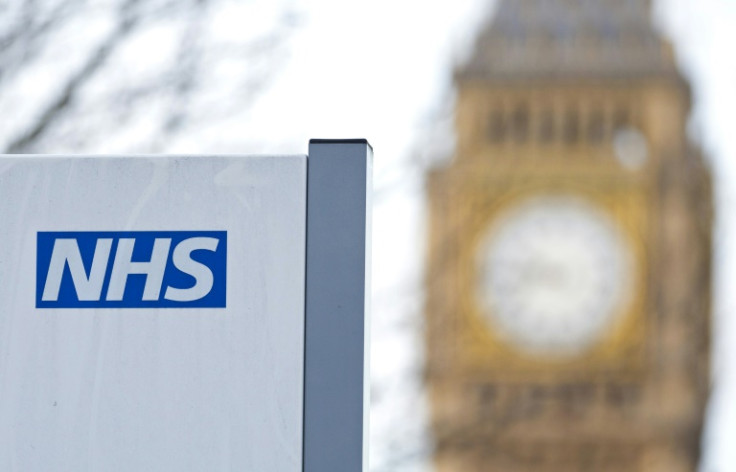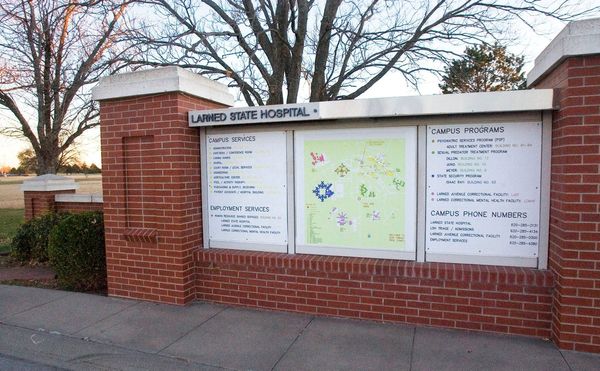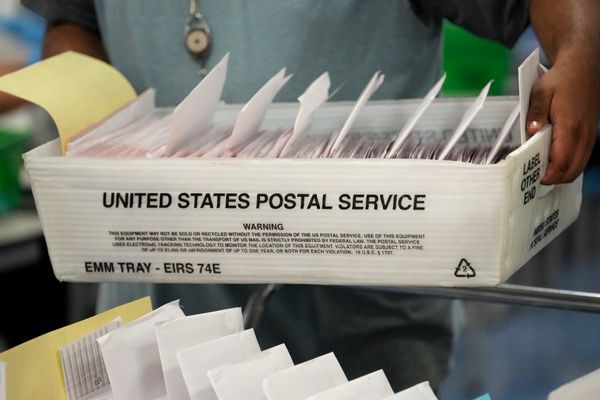
In a move that has sparked widespread controversy, Chancellor Rishi Sunak has announced the scrapping of free National Health Service (NHS) prescriptions for benefit claimants who are unemployed.
The Prime Minister unveiled this unexpected policy shift as part of a broader economic strategy aimed at addressing the financial challenges facing the United Kingdom.
The move has ignited a fierce debate, with critics asserting that the burden of this decision will fall heavily on those who can least afford it.
For years, free NHS prescriptions have been a vital lifeline for individuals with chronic conditions, low-income families, and the elderly.
The abolition of this benefit is expected to have a profound impact on the healthcare landscape, potentially deterring people from seeking essential medications due to financial constraints.
Health advocacy groups and opposition politicians have been quick to condemn Sunak's decision, arguing that it contradicts the government's commitment to protecting the most vulnerable.
Erutase Oputu, elected chair of the Royal Pharmaceutical Society (RPS) English Pharmacy Board (EPB) said: "No one should be faced with a financial barrier to getting the medicines they need, regardless of their employment status.
"Pharmacy teams want to focus on looking after patients, not policing prescription charges. This move puts them in a very difficult position of knowing that someone who needs life-saving medicines may not be able to get them."
She added: "This short-sighted move will lead to worse health outcomes for patients, more hospital admissions, and additional pressure on the health service. That's why we will continue to support the call for prescription charges in England to be abolished altogether."
The move is particularly contentious as it comes amid a global health crisis and ongoing pressure on the NHS. Critics argue that the timing of the decision is insensitive, considering the strain already placed on the healthcare system and the financial difficulties faced by many as a result of the pandemic.
Tase Oputu, Chair of the Royal Pharmaceutical Society (RPS) in England, called Sunak's announcement "an incredibly disappointing move". She added that "prescription charges should not be used to punish some of the country's most vulnerable citizens".
In defence of the decision, Sunak asserted that tough choices were necessary to stabilise the country's economy and ensure long-term fiscal responsibility.
He argued that the elimination of free NHS prescriptions would contribute to reducing the national deficit and support the sustainability of public services.
However, detractors argue that such austerity measures disproportionately impact the most vulnerable, exacerbating existing health inequalities. The move is seen by many as a departure from the government's commitment to a fair and accessible healthcare system.
The announcement has reignited the debate over the role of public services and the government's responsibility to provide accessible healthcare.
The government's proposal has been characterised by the Disability Benefits Consortium, a national coalition comprising over 100 charities, as a "cynical assault on disability benefits" while Caroline Lucas, Green Party MP for Brighton Pavilion, called the decision "immoral" and said it would have "dire" effects on people's health.
Proponents of the policy argue that tough economic decisions are necessary to secure the nation's financial future, while opponents stress the importance of prioritising the well-being of citizens, especially those already facing socio-economic challenges.
As public outcry continues to grow, opposition parties are gearing up to challenge the government's decision in Parliament.
The fate of this policy change hangs in the balance, with the potential to shape the future of the UK's healthcare system and the well-being of its most vulnerable citizens.
As the nation grapples with economic recovery and the ongoing challenges posed by the pandemic, the debate over the scrapping of free NHS prescriptions is set to intensify in the coming weeks.







